1. What is "holiday heart" syndrome?
Holiday heart syndrome is a symptom of cardiovascular disease, arrhythmias that appear more frequently during the holidays than on normal days. According to Dr. Pham Nhu Hung - a cardiovascular specialist, "holiday heart syndrome" is considered arrhythmias after drinking alcohol, especially supraventricular tachycardia in people who previously had completely healthy hearts.
Holiday heart rhythm problems are linked to excessive drinking and binge eating at holiday parties. Most of these arrhythmias are episodes of atrial fibrillation, which usually return to sinus rhythm within 24 hours. Holiday heart syndrome is often diagnosed in people with new-onset atrial fibrillation who do not have heart disease. But it is more common in people who drink heavily.
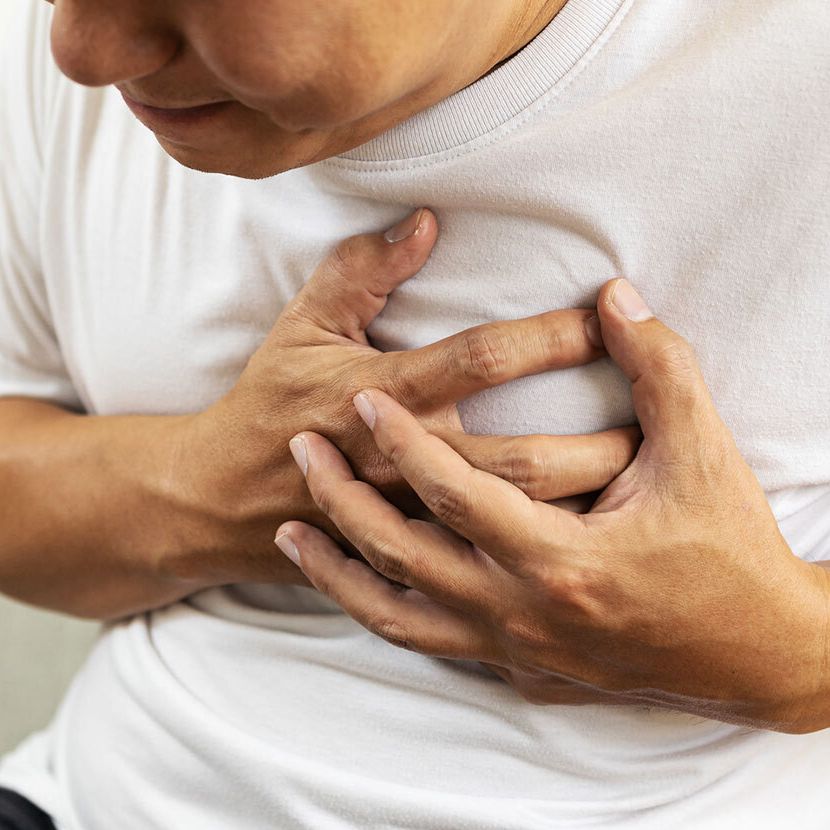
"Holiday heart" syndrome is a condition in which symptoms of cardiovascular disease appear more frequently during the holidays than on normal days.
The exact cause of the increase in heart attacks during the holidays is not fully understood but is likely due to a combination of factors, including excessive alcohol consumption, lack of physical activity and overeating.
Dr. Pham Nhu Hung said that normally, all the above arrhythmias disappear about 24 hours after stopping drinking alcohol, the body is fully supplied with water, nutrients and complete rest.
2. How to stay healthy and reduce your risk of heart attack during the holidays
2.1 Maintain physical activity
Staying active during the holidays helps your body recover more easily from a big meal and helps reduce stress. The American Heart Association recommends at least 150 minutes of physical activity each week.
Creative ways to stay active during your downtime include taking a family walk between dinner and dessert or participating in fun outdoor, beach-based physical activities with your loved ones.
2.2 Avoid snacking between meals
Although vacations can leave you feeling hungry and on the go, avoid snacking between meals or opt for healthy snacks instead. It is best to avoid snacking between meals if possible as this can lead to weight gain and can ruin your appetite for your main meals. If you do need a snack, some healthy options include nuts, carrots or fresh fruit. Avoid foods high in carbs or processed sugars between meals.
2.3 Choose heart-healthy foods
During the holidays, if you eat a little more, it is still good for your health if you choose to eat lean meat, increase green vegetables, fruits and avoid saturated fats, too much oil and salt. Avoid eating too much, too full, especially fatty, fried foods. Avoid canned and processed foods. When traveling, you should also take the time to consult restaurants and eateries that ensure food safety with the freshest ingredients possible.
2.4 Avoid drinking alcohol
Drinking too much alcohol can cause palpitations and certain heart rhythm conditions, such as atrial fibrillation, which can lead to stroke. If you have a history of heart disease or palpitations, it is best to avoid alcohol. In cases where it is unavoidable, drink in small amounts and not every meal.

Avoiding alcohol is a good way to protect a healthy heart.
2.5 Stay hydrated and drink plenty of water
Dehydration from soda, sugary drinks, and alcohol can take a toll on your body. Staying hydrated is essential to staying at your best. This is especially true when traveling. Try to drink water regularly and stay hydrated, especially if you are traveling in hot climates.
Drink plenty of water in the days leading up to your trip and throughout your trip. Always carry a water bottle/jug with you and refill it wherever possible. This is a good habit to get into, as it acts as a reminder to carry your full water bottle with you and drink it wherever you go. Also remember to drink some water before going to bed.
2.6 Recognize the symptoms of a heart attack and take appropriate action
Typical symptoms of a heart attack include sudden, severe chest pain or tightness or discomfort in your jaw or arm. Some people have sudden shortness of breath, excessive sweating, or nausea. If you have any of these symptoms and have heart risk factors such as high blood pressure, diabetes, high cholesterol, or are a smoker, you should seek emergency medical attention.
2.7 Always carry your medication and follow your doctor's advice.
If you have been diagnosed with heart disease, be sure to take your medications regularly as prescribed by your cardiologist and keep your appointments and checkups. If you are planning to travel during a scheduled appointment, make an appointment with your doctor well in advance, and be sure to bring enough medication with you and stay in regular contact with your doctor.
When you arrive at your destination, you should find out in advance about the nearest hospital to where you are staying. If you are having fun on your vacation and notice any signs of heart problems such as palpitations, chest pain, or shortness of breath, you should go to the hospital immediately.
Source


![[Photo] General Secretary To Lam and international leaders attend the parade celebrating the 80th anniversary of the victory over fascism in Russia](https://vphoto.vietnam.vn/thumb/1200x675/vietnam/resource/IMAGE/2025/5/9/4ec77ed7629a45c79d6e8aa952f20dd3)


![[Photo] Russian military power on display at parade celebrating 80 years of victory over fascism](https://vphoto.vietnam.vn/thumb/1200x675/vietnam/resource/IMAGE/2025/5/9/ce054c3a71b74b1da3be310973aebcfd)
![[Photo] Prime Minister Pham Minh Chinh chairs a special Government meeting on the arrangement of administrative units at all levels.](https://vphoto.vietnam.vn/thumb/1200x675/vietnam/resource/IMAGE/2025/5/9/6a22e6a997424870abfb39817bb9bb6c)

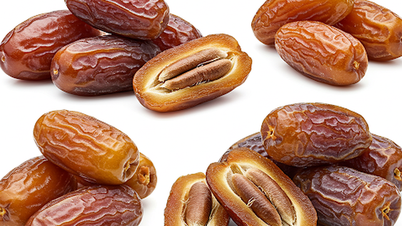

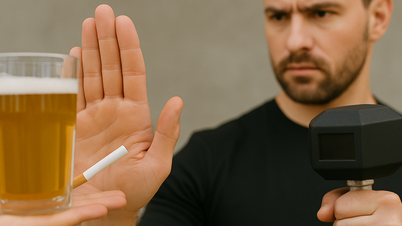


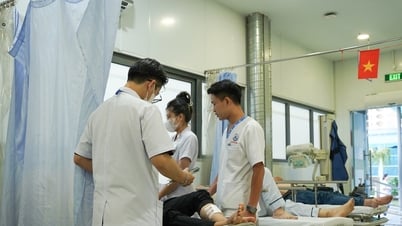










![[Photo] Magical moment of double five-colored clouds on Ba Den mountain on the day of the Buddha's relic procession](https://vphoto.vietnam.vn/thumb/1200x675/vietnam/resource/IMAGE/2025/5/9/7a710556965c413397f9e38ac9708d2f)



















































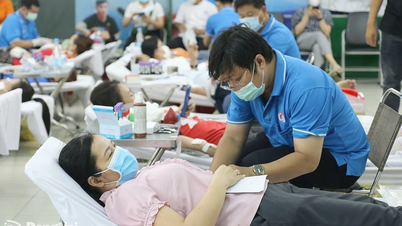

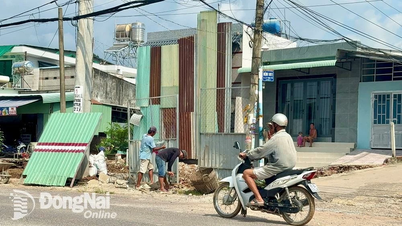










Comment (0)